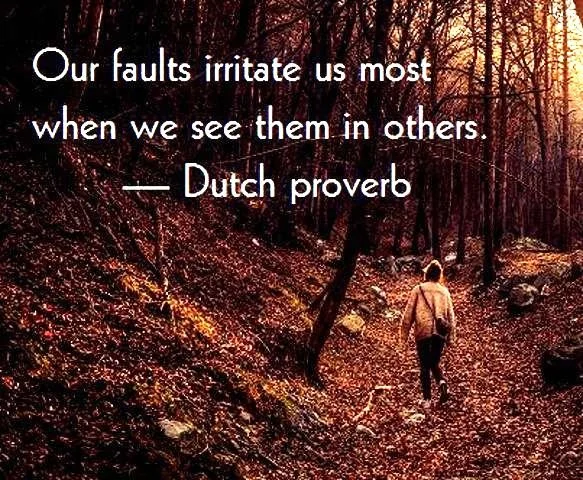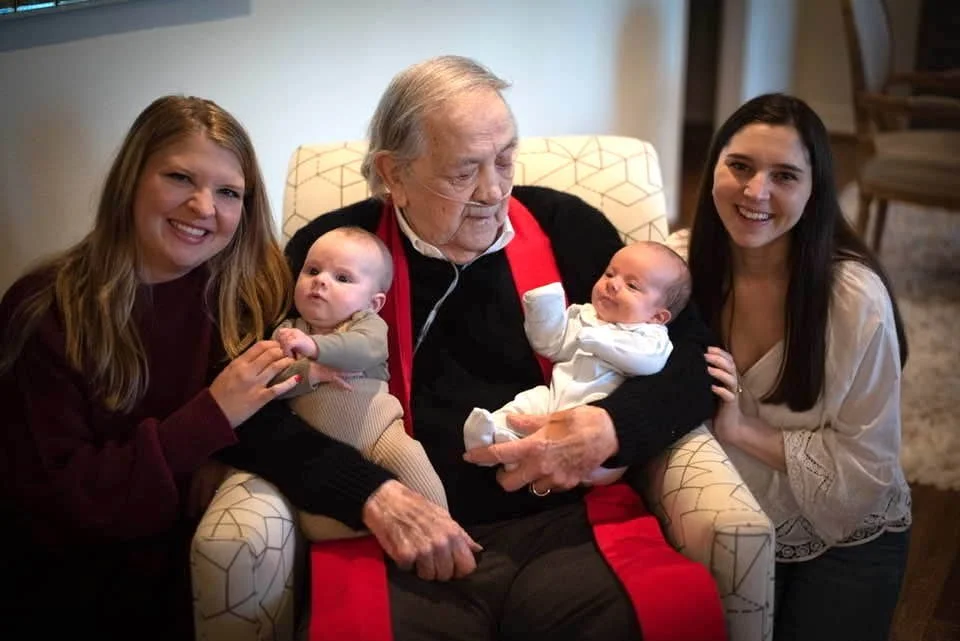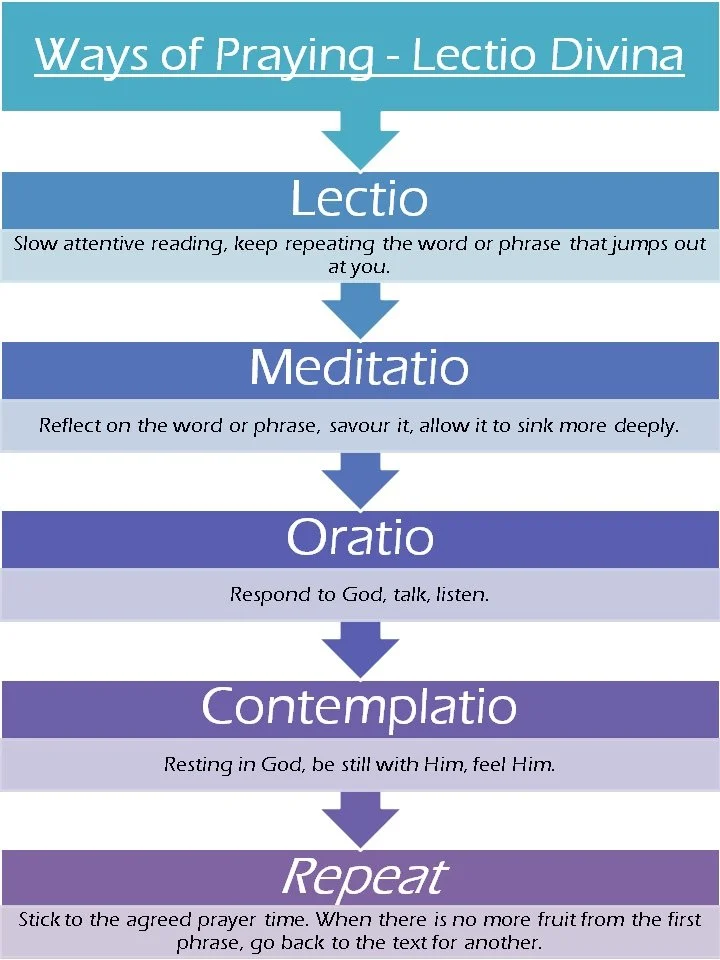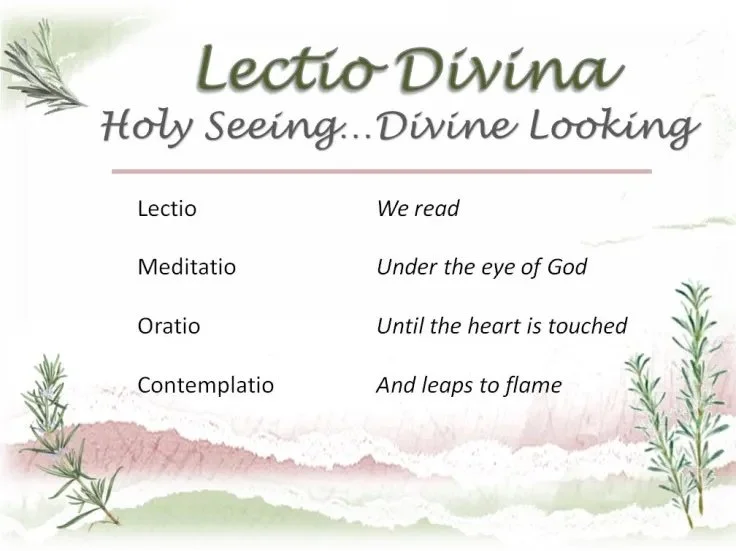Mirrors and Changing Our Lives
“What we see in other people – particularly those who affront us – is ourselves. They wouldn’t get to us the way they do if they didn’t already have a place in us. They are the mirror. Either that, or we are being visited by someone we will become. Rather than looking upon them with distance or disdain, treat them with kindness because they are kin to us.”—Br. Curtis Almquist, Society of Saint John the Evangelist
Esther Harding also concisely explains how we change as we see ourselves in others. We change as we become aware of our sins and faults, as they are reflected in someone else. We often recognize the parts of ourselves that need to change only as they are reflected in others. We say, “This is awful. I do not want to be like that.” Then, through some unknown factor, perhaps God’s Grace, we realize that character defect, that sin, that failing is also in us. I often find myself not wanting to be around a particular person. That is usually a clue that they carry a trait I do not recognize in myself, but seeing it in the other person, I am repulsed by it.
The reverse side of this truth is that sometimes, the people we most admire carry a gift we do not recognize in ourselves.
I also know from 12-step work how people change. They hit bottom or fear hitting a bottom. They become so overwhelmed by their condition, so “sick and tired” of how miserable their life is, that they will do anything to change it. They see someone else who has recovered from addiction and wish for that life. They then seek help from them.
So, what does all this do with our life in the Spirit? My experience is that it is indeed the Spirit, the Christ, the God within us, that is a catalyst for change, that whispers in our ear that those defects we acknowledge in others may also be in us—that a better life is possible. Those in 12-step programs call it a “moment of clarity.” I believe God is speaking to us at that moment of clarity, and we can listen. Finally, we can hear, as Benedict tells us, with “the ear of our heart.”
Eventually, we see others as gifts, whether they repulse us or we admire them. We share similarities that we learn through inner work. We learn to thank them for their presence in our lives.












